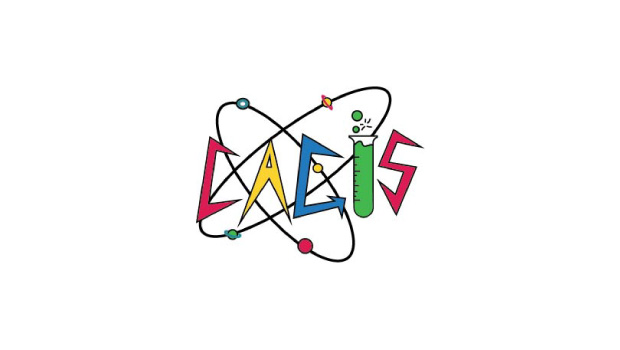
Get Started with MIT App Inventor
In this workshop we'll introduce you to MIT App Inventor, a beginner-friendly visual programming application for creating mobile apps for Android devices. Presented by Brampton Library.
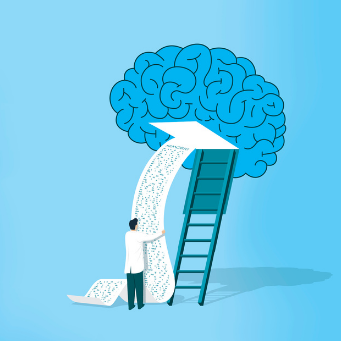
Let’s Talk Memory
If I asked you what you had eaten on May 15 last year would you remember? What if I asked you what sound a cat makes? Seems easier right, but why? Memory is one of the most complex phenomena that is studied in the scientific field right now and it doesn't only involve the hippocampus. Though complex, memory is prone to errors that can manifest as false memories. Are you sure you know what sound the cat makes?
Dive deep into your memories as we navigate through the systems that help you remember, the important research and techniques used to study memories, why it is so easy to forget, what amnesia is and the efforts to treat it. We will be joined by many experts in the field who will make a lasting impression on your students!
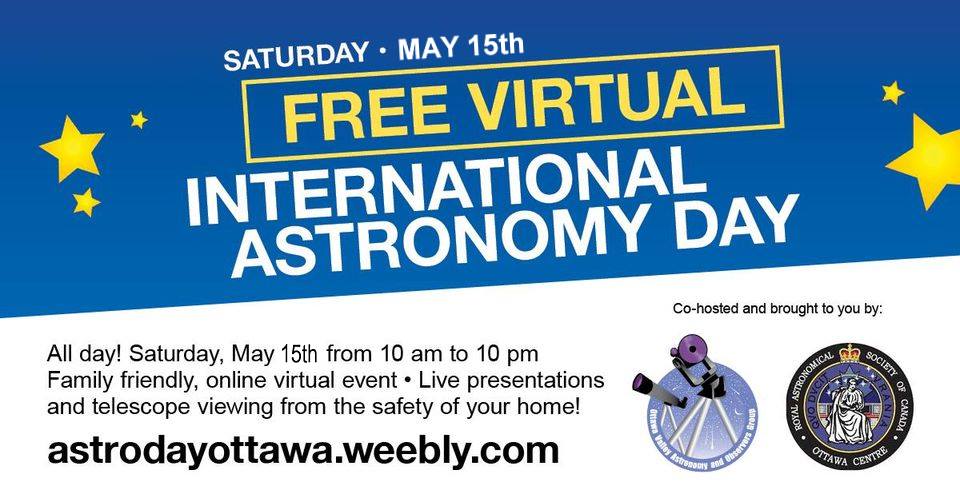
International Astronomy Day – RASC Ottawa
Virtual International Astronomy Day (vIAD) is a free all-day event hosted by the Ottawa Chapter using the Zoom webinar platform on Saturday, May 15th. Throughout the day we will be providing a variety of live streams from different amateur astronomers in the Ottawa area. You will have an opportunity to see live video streams from different types of telescopes, showing views of the Sun, Moon, and deep-sky objects such as galaxies and globular clusters. In addition to the live scope views, other local astronomers will be giving short astronomy-related presentations on various topics. This event is rain or shine and is meant for people of all ages.
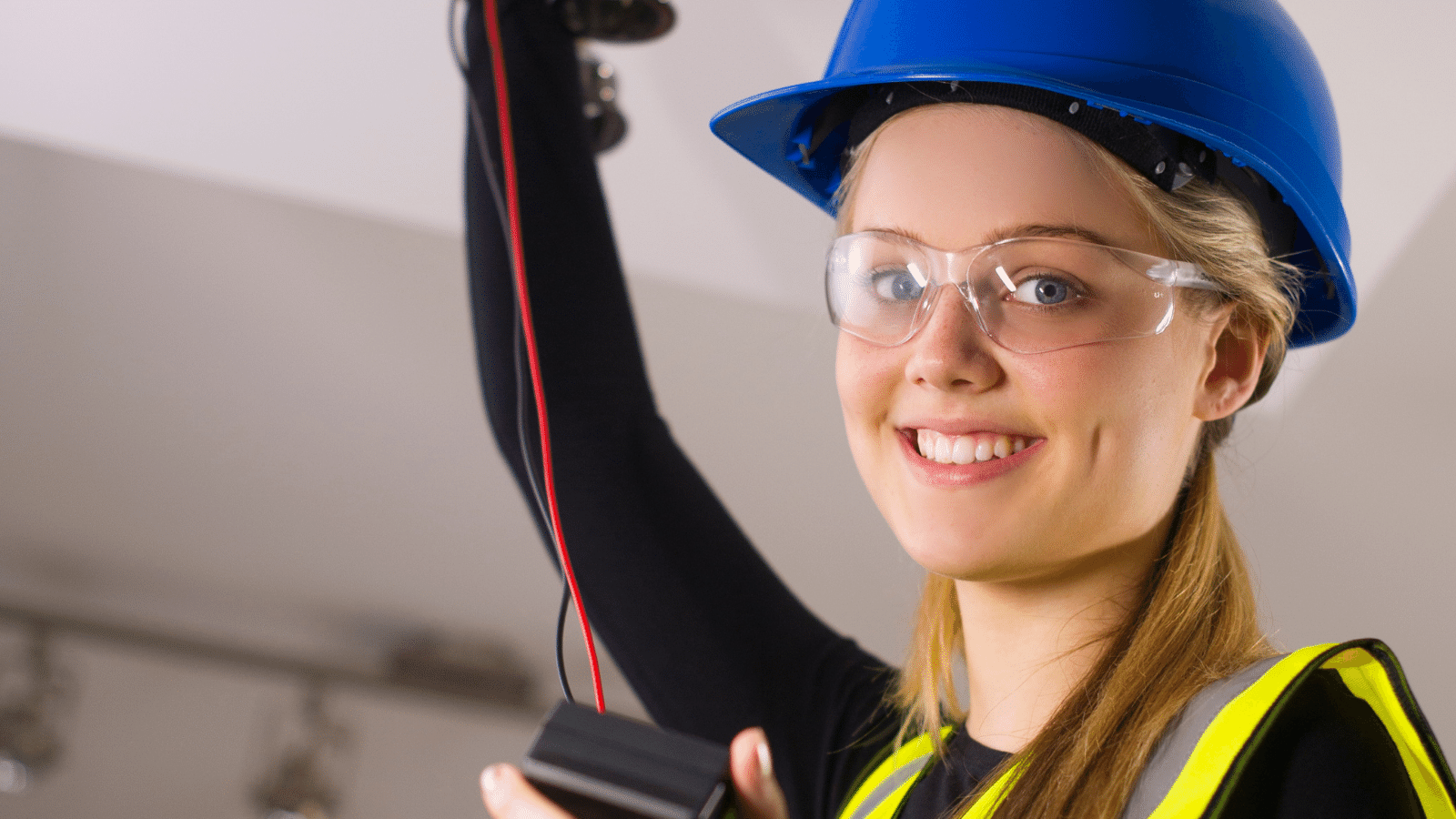
Get Electrified! Ages 7 to 12
Did you know that electricity travels at the speed of light? That’s about 300,000 kilometers per second! So how do electrical engineers, technicians and tradespeople harness it for our homes and devices? When you understand electricity, you can begin to work with it safely. Together, we’ll learn about voltage, current, circuits and more, and try
out our own electrical experiment.

Traditional Indigenous Technologies
Learn how ancient Indigenous peoples adapted ‘technologies’ from nature and used these concepts day to day. A look at how ‘Traditional Ecological Knowledge’ and design blending with modern materials contributes to our everyday life in today’s world. Presented by Traditional Indigenous Elder Cat Criger.

Get Electrified! Ages 11 to 16
Did you know that electricity travels at the speed of light? That’s about 300,000 kilometers per second! So how do electrical engineers, technicians and tradespeople harness it for our homes and devices? When you understand electricity, you can begin to work with it safely. Together, we’ll learn about voltage, current, circuits and more, and try
out our own electrical experiment.

Exploring the Night Sky
The president of the RASC Mississauga Centre, Randy Attwood, will introduce participants to the hobby of amateur astronomy and give tips on how to get started observing the night sky and taking astrophotos with digital cameras and cell phones. Currently RASC meetings are held online -- all are invited to attend. Register at https://mississauga.rasc.ca/events/. Presented by RASC Mississauga Centre.

Maker Trivia Challenge
Want to test your maker & STEM knowledge in a fun trivia challenge? Come by yourself or bring friends! Presented by Mississauga Library.
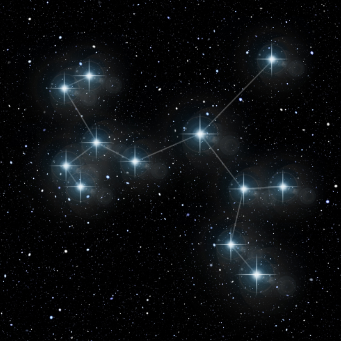
STEM Storytime – Constellations
Join Let's Talk Science Outreach to read H.A. Rey's book, "Curious George Discovers The Stars" and complete a hands-on science activity about constellations!
In this activity, students will learn about stars and constellations and create their own constellation viewer using everyday household items.
For this activity, each student will need:
- plastic or Styrofoam cup with the bottom cut out or a toilet paper roll
- piece of paper
- marker
- pencil
- scissors
- tape
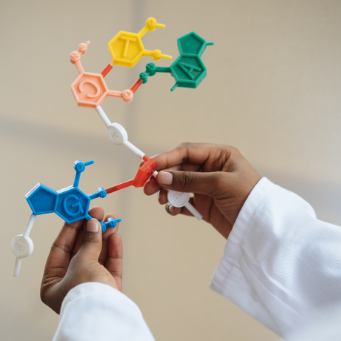
Chemistry Symposium
Grade 11 and 12 students are invited to join Let's Talk Science Outreach in Ottawa to participate in fun, interactive and educational chemistry-themed activities designed by our chemistry graduate student volunteers. This includes live chemistry demos, kitchen chemistry experiments, trivia and games and a career panel with guests from a variety of chemistry-based fields.
The symposium will take place on May 20th and May 21st with the option to sign up for each activity separately.
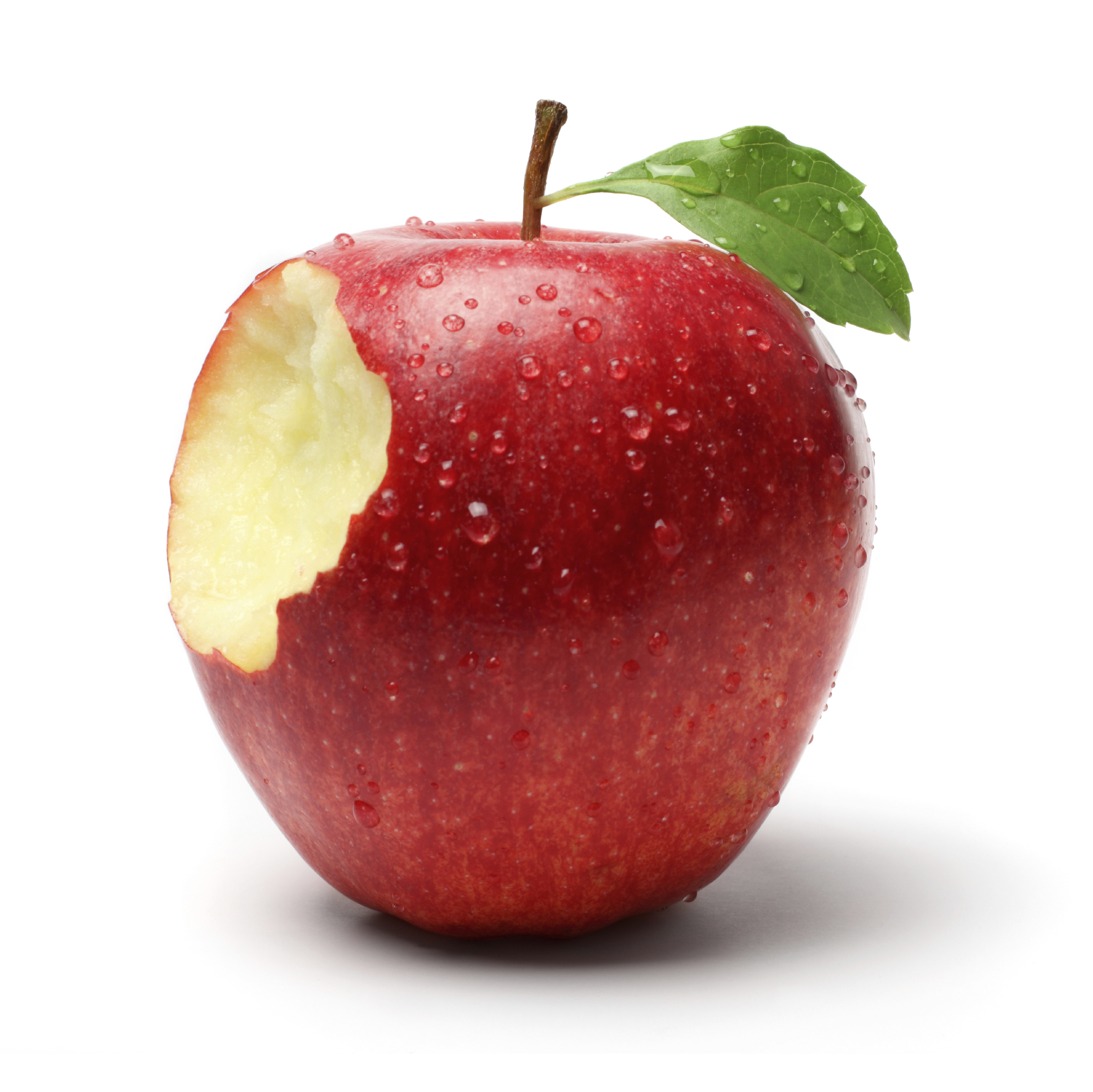
Irritable Bowel Disease and Nutrition

Direct from Banff National Park with Parks Canada
Learn all about the incredible species that call this park home, along with species interactions, human impacts, predator-prey relationships, conservation efforts, and technologies Banff National Park uses to monitor wolves and its population in the wild. Uncover what clues this very special predator may have left behind.
Curriculum ties:
Grade 6: Trees and Forests
Grade 7: Interactions and Ecosystems, Planet Earth
Grade 9: Biodiversity, Environmental Chemistry
For alternative payment or invoice please contact educators@sparkscience.ca
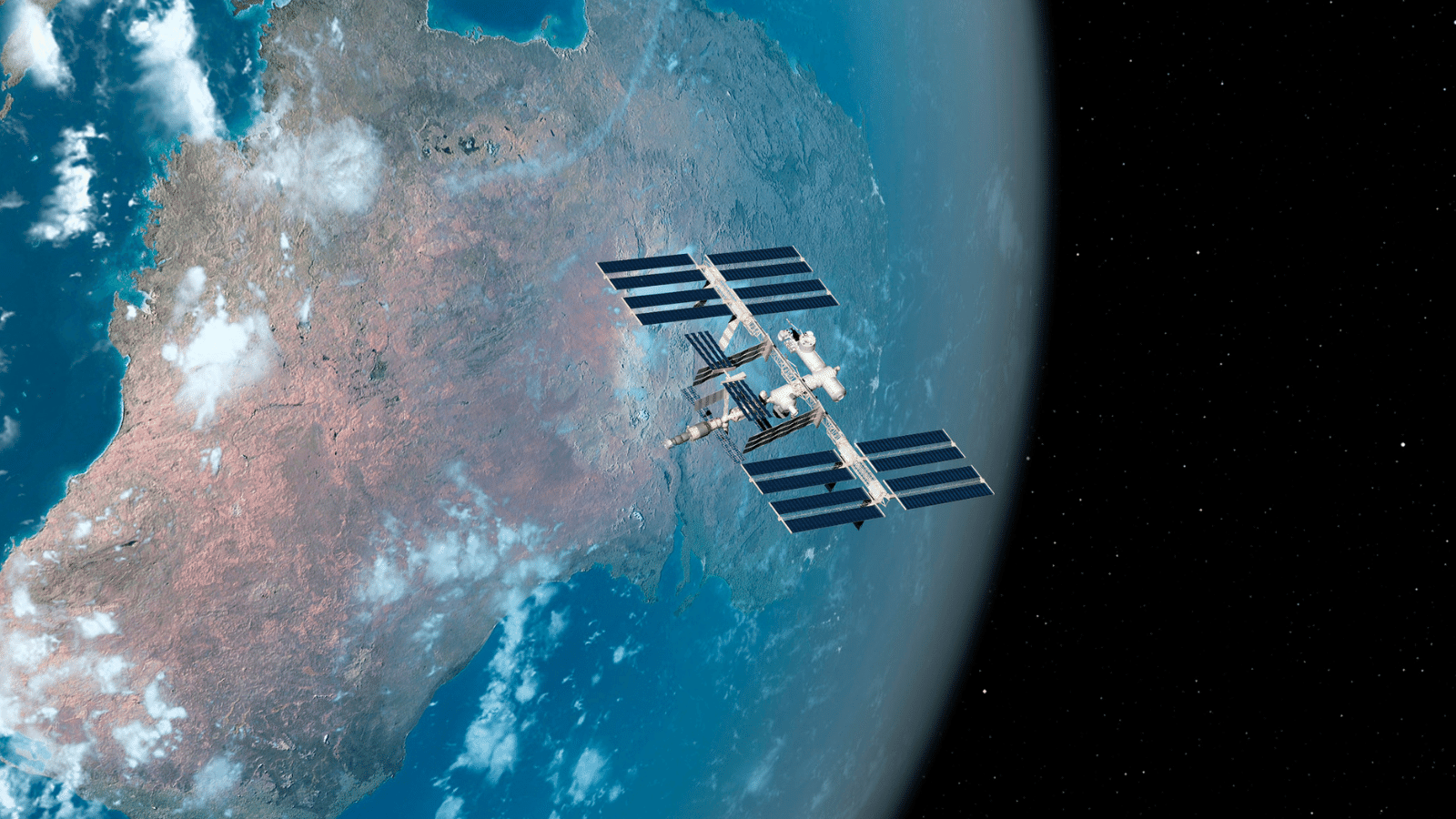
Enter the Space Lab – Ages 7 to 12
Astronauts may spend days, weeks, or even months in space. How does this affect their bodies? Scientists are still studying the health impacts. Team TelOmG – a group of aerospace and bioengineering students – has been chosen to run experiments in microgravity to study how space travel might affect DNA. In this session, they’ll lead us through our own experiment design challenge! Join us and be part of a space science team for the day!

Enter the Space Lab – Ages 11 to 16
Astronauts may spend days, weeks, or even months in space. How does this affect their bodies? Scientists are still studying the health impacts. Team TelOmG – a group of aerospace and bioengineering students – has been chosen to run experiments in microgravity to study how space travel might affect DNA. In this session, they’ll lead us through our own experiment design challenge! Join us and be part of a space science team for the day!
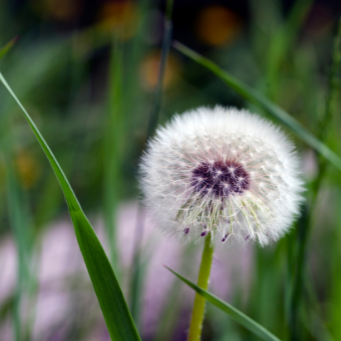
STEM Storytime – Seeds
Join Let's Talk Science Outreach to read Joseph Anthony's book, "The Dandelion Seed" and complete a hands-on science activity about seeds and seed dispersal!
In this activity, students will examine seeds and make predictions on how they disperse. They will then make a simple seed carrier that flies like a maple key using everyday household items.
For this activity, students will need:
- Paper with the seed carrier template on it. An adult might have to help cut it out. If they don’t have access to a printer, the volunteer will show them how to make one using a piece of paper.
- Scissors
- Paper clips (5-6)
- Optional: any seeds that they can find outside, with the help of an adult. The volunteers will also show students examples of seeds if they cannot find them before the session.

The Insider’s Guide to the Galaxy: Safely Viewing the Sun
Have you ever seen the Sun? Of course you have. But have you ever been able to safely look directly at the Sun? The Sun has begun to acquire spots now that it has passed through solar minimum. We’ll go over how to get into safe solar viewing, including how to use filters to safely see it with a telescope or binoculars, how to make a pinhole projector, and what features to look for. Then you'll be ready to view the partial solar eclipse that will be visible in much of Canada on June 10!

Let’s Talk Vaccines
Dr. Christopher Labos, a cardiologist based in Montreal, will be giving a talk on vaccines. Open to all students in high school and CEGEP!
Register today!
Get students excited for the day by exploring an article about Immunology and Creating a Vaccine for COVID-19 in Canada.

Build a Solar Oven – Ages 7 to 12
Every hour, the earth receives enough energy from the sun to power 2880 TRILLION lightbulbs! To put it another way, every day, the sun provides 35,000 times the total amount of energy humans currently consume. We can capture this solar energy by converting it to electricity or using the sunlight’s warmth for heating. With just a few household items, we will build our own solar oven, which can be used to make s’mores, nachos, and more!

Build a Solar Oven – Ages 11 to 16
Every hour, the earth receives enough energy from the sun to power 2880 TRILLION lightbulbs! To put it another way, every day, the sun provides 35,000 times the total amount of energy humans currently consume. We can capture this solar energy by converting it to electricity or using the sunlight’s warmth for heating. With just a few household items, we will build our own solar oven, which can be used to make s’mores, nachos, and more!
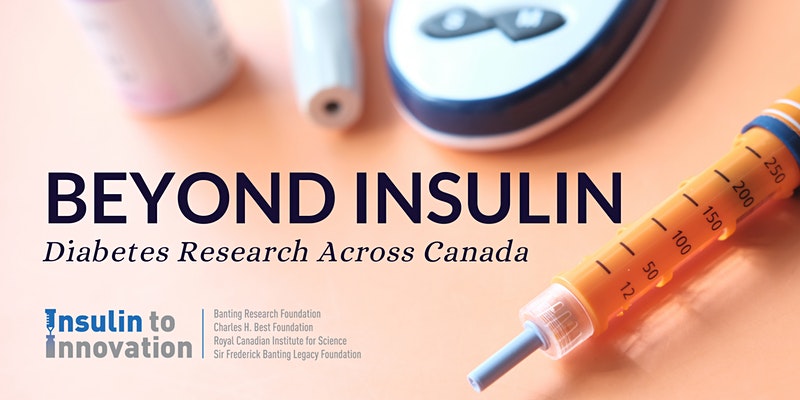
Beyond Insulin: Diabetes Research across Canada
On behalf of Insulin to Innovation, RCIScience presents a series of engaging conversations with diabetes researchers from across Canada. Hosted by writer and podcast host Krista Lamb, these bitesize chats showcase scientists and clinicians working at the cutting edge of research to improve the quality of life of those living with diabetes.
